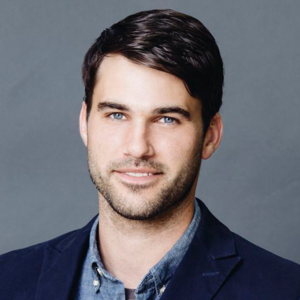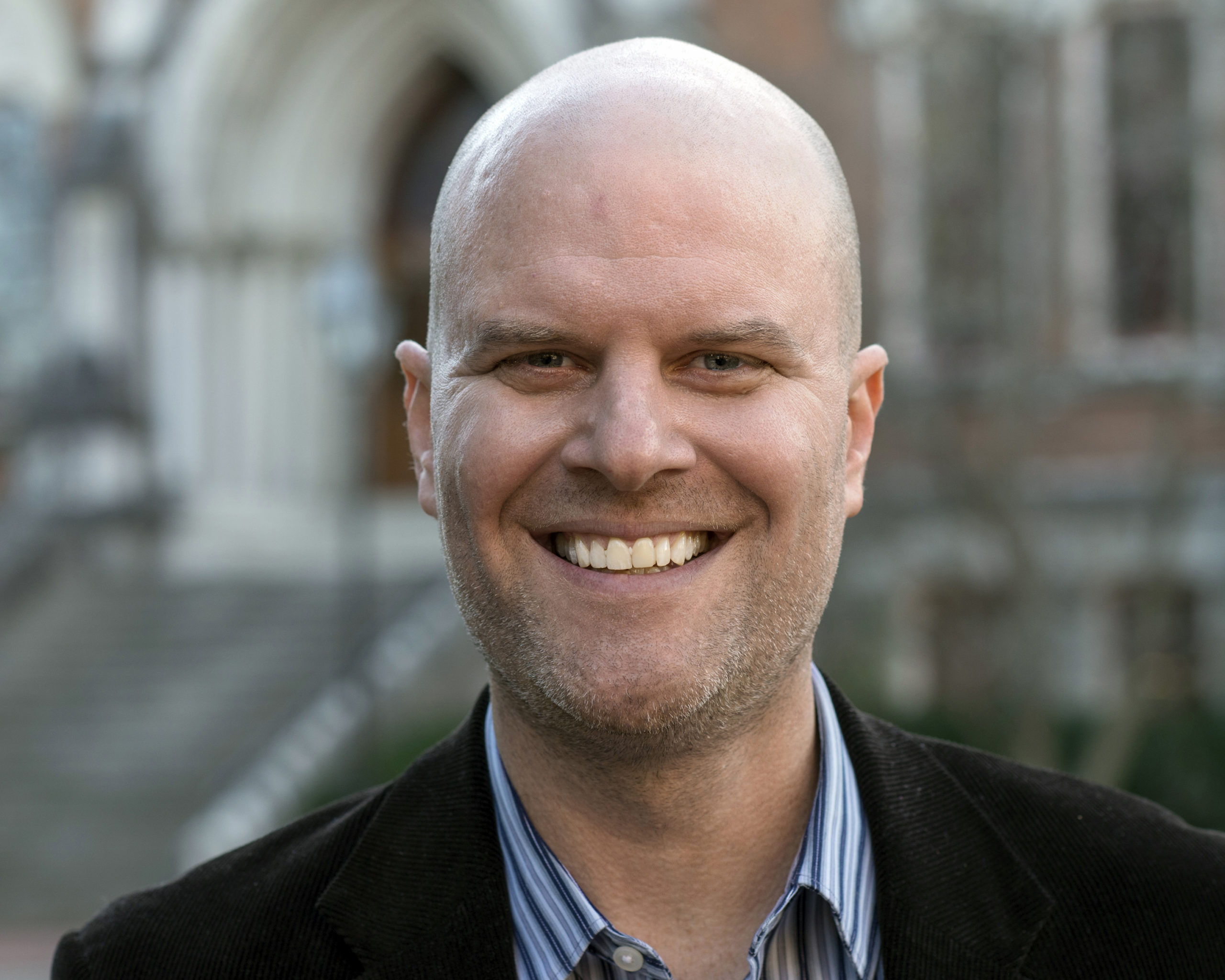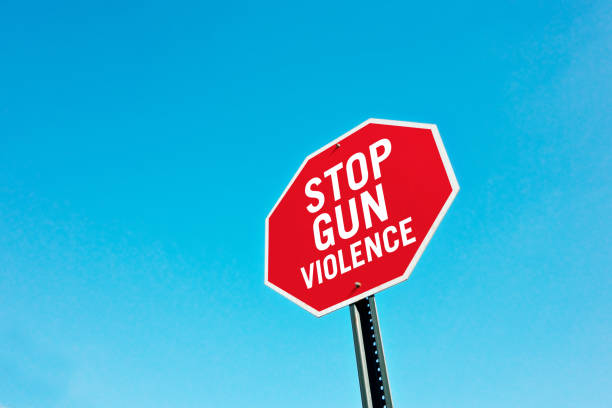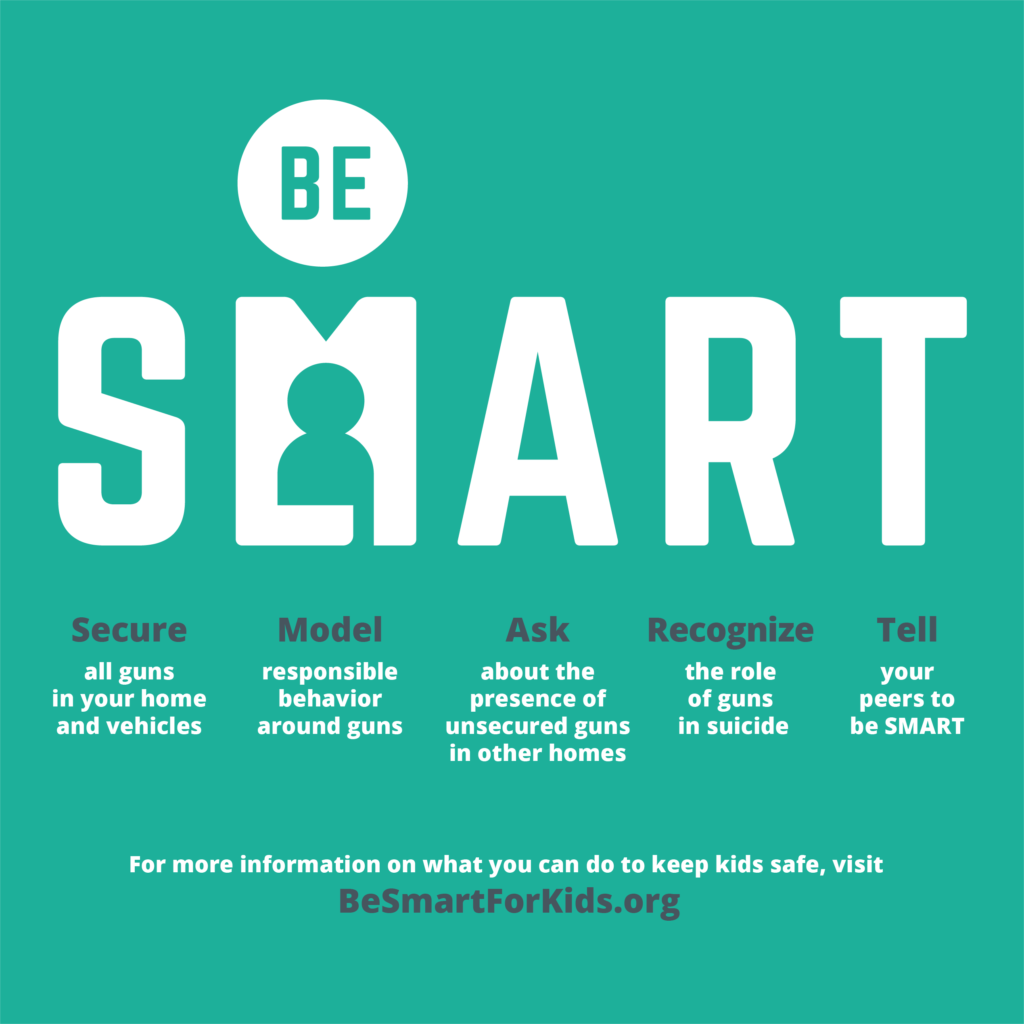Maraniss’s new book is the story of the first-ever Women’s Olympic Basketball team. From humble beginnings, this group of women put US Women’s Basketball on the map. The book is packed with well-researched details, anecdotes and photos. A delight for older kids and adults!
TTD: Please share with readers a bit of your background; your career in writing and the decision/evolution to combine sports and justice.
AM: Sports and writing have been big interests of mine as long as I can remember. My parents say that I learned how to read by reading the back of baseball cards. When I was 13, I started my own sports magazine when we lived in Washington, D.C. It only lasted one issue and involved a lot of magic markers, but I enjoyed writing about my favorite teams and interviewing people. In high school (in Texas), I played baseball and was the sports editor of the school newspaper. One day I saw a poster on the wall advertising a full-tuition scholarship to Vanderbilt for high school sportswriters. I was lucky enough to win it, and that’s what brought me to Nashville. My sophomore year at Vanderbilt, I wrote a paper about Perry Wallace for a Black History class. He had been the “Jackie Robinson of the SEC” as the first Black basketball player in the league. It was getting to know Perry and writing about him for that paper that first really turned me on to the idea of writing about social justice through sports. I came back to Perry 17 years later with the idea to write a biography about him. That book, Strong Inside, was the thing that really catapulted me into becoming an author and making this my niche.
TTD: Your latest book, Inaugural Ballers, follows the first women’s Olympic basketball team at the summer Olympics in 1976. Fifty years past Title IX, how would you summarize the progress made and work left to do?
AM: Your question gets at the most important thing for people to remember during this year of anniversary celebrations: there is still a lot more to do. That said, so much has changed. Before Title IX, schools from elementary through kindergarten could get away with supporting boys’ sports fully and completely ignoring athletics for girls and women. Not only were there no college scholarships for women athletes or televised games or endorsement deals or much media coverage to speak of, in many cases girls and women had to fight to even gain access to a school gymnasium, had to raise their own money for uniforms, and were demeaned as “unladylike” for even having an interest in competing. The women who competed on the 1976 Olympic basketball team came up during an era when there was no promise that playing basketball would lead to any reward – no scholarship, no professional league, no glory. But I think it’s important to resist the temptation to say there was something more noble or pure about that time. The women back then deserved more and wouldn’t have turned down greater opportunities. And women athletes today, who do find more rewards for their efforts, work just as hard as women did back then. And they still don’t benefit from true equity in sports.
TTD: Did you come across any new anecdotes about Pat Summitt during your research? We’re in Tennessee, after all : )
AM: I loved reading about Pat Head Summitt as I was working on this book. As a Vanderbilt alum and fan, I had always admired her legendary coaching record, but I always thought of her as belonging to someone else’s team. But in learning more about her life story and how she battled back from a serious knee injury to play on the Olympic team, I gained even more respect for her. I was surprised to learn some stories that humanized her – how she felt “too country” as a college student at UT-Martin, how she liked to drive fast cars and play cards, how she drank a little too much beer during a tournament in Mexico – and also stories that foreshadowed her coaching career. She was a co-captain of the ’76 Olympic team and was one of those classic “coach on the floor” types. Everyone on the team respected her and considered her as much of a coach as a player. She mentored the younger players and kept everyone in line. There are several other Tennessee connections in the book, too. Sue Gunter, the assistant coach, had studied at Peabody College in Nashville and coached at MTSU. I also write about the history of women’s basketball, including the team from Nashville Business College, which was considered one of the best teams in the country before the days of NCAA women’s basketball.
TTD: You’ve written 5 books. What overarching themes do they share in common (if any)?
AM: My first book, Strong Inside, is about basketball and racism. My second book, Games of Deception, is about basketball, antisemitism, and fascism. My third book, Singled Out, is about baseball and homophobia. Inaugural Ballers is about basketball and sexism. So the common thread is using sports as a vehicle to talk about important social issues and to use history as a gateway to discussions of issues that are still so important today. At its best, sports are supposed to provide a level playing field, where people can succeed purely based on their own merits and skills without things like income, race, religion, gender, or sexuality making a difference. But as we see throughout history, that’s often not the case. My books expose some of that hypocrisy and lift up characters that haven’t received their due.
TTD: Who inspires you to keep doing what you’re doing?
AM: Young people. I’m inspired by own kids, who are 11 and 9, because I want them to grow up in a country that is far more empathetic and far less hateful than the one we live in today. I’m also inspired by the kids I see when I visit schools around the country. Especially the ones who love playing or watching sports but don’t typically read a lot of books. And then I’m inspired by the characters I write about, too. Perry Wallace in particular had a greater influence on me than anyone outside of my own family. With so many threats to truth, democracy and the planet, everyone has a responsibility to do their part. Some people run for office, some get involved with a nonprofit, some speak up to family, friends and neighbors when they never would have done that before. My way of trying to do good is by writing books that cause people to think about injustice and become inspired to act.
TTD: From your vantage point, how can readers advocate for change
through sport?
AM: That’s a really interesting question. Your readers can advocate in so many ways outside of sports, especially through voting and being involved in their communities. In terms of advocating for change through sports, I think some of the ways the average person can do that are:
- Support athletes who use their platforms to advocate for social change.
- Support women’s athletics, especially by attending games.
- Let teams know when they’re failing on issues – still using Native American mascots, firing LGBTQ coaches, paying women less than men, tolerating hostile workplaces, exploiting Black college athletes while not providing a real education and with low graduation rates, supporting hateful political candidates, extorting city governments. In all these ways, sports are political. So use your voice to influence the politics.
- Finally, I think we’re going to start seeing a lot more coverage of the impact of climate change on sports and the impact that the world of sports has on climate. This is an area where we need to demand more of the powerful actors in our society. I think the sports world will be a place where a lot of important advocacy increasingly takes place.









